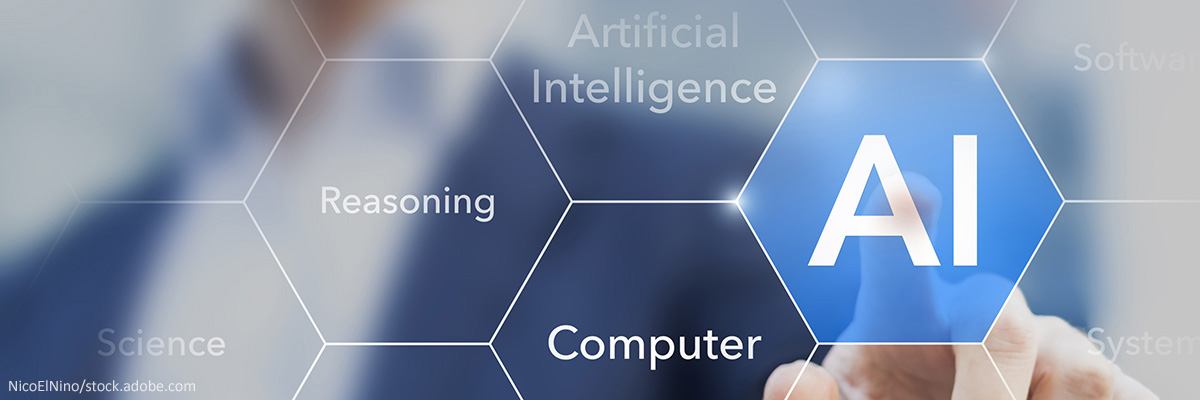Cyber security risks are growing in complexity and volume, but artificial intelligence techniques can help businesses track and fight them in real time.
Cyber criminals continue to launch increasingly sophisticated and devastating attacks on industrial, business and financial organisations around the world – and the damage from such crime could reach $6tn by 2021, according to a report from Cybersecurity Ventures.
It has become clear that organisations cannot simply rely on manpower and human interaction to fight off cyber attacks. Not only is it time-consuming for employees to spot potential threats, but it is also challenging to come up with security technologies to prevent them. So there are fears that businesses will continue to fall victim to hackers.
As a result, organisations are being forced to consider new ways to boost their cyber defences. Whether it is implementing new cloud strategies or big data analytics, many companies are showing that they can think outside the box when it comes to modernising their IT security defences.
But artificial intelligence (AI) is emerging as the frontrunner in the battle against cyber crime. With autonomous systems, businesses are in a far better place to strengthen and reinforce cyber security strategies. But does this technology pose challenges of its own?
Large organisations are always exposed to cyber criminals, and so they need appropriate infrastructure to spot and combat threats quickly. James Maude, senior security engineer at endpoint security specialist Avecto, says systems incorporating AI could save firms billions in damage from attacks.
“Although AI is still in its infancy, it’s no secret that it is becoming increasingly influential in cyber security,” he says. “In fact, AI is already transforming the industry, and we can expect to see a number of trends come to a head, reshaping how we think about security in years to come. We might expect to see AI applied to cyber security defences, potentially avoiding the damage from breaches costing billions.”
But Maude believes the use of AI in cyber security is a double-edged sword. While businesses will see the benefits, criminals will also tap into this technology to automate attacks. He says businesses could “see criminals and nation states using innovative AI attacks to do serious harm to everything from companies’ reputations to critical infrastructure”.
Andy Powell, vice-president and head of cyber security at professional services firm Capgemini, agrees that criminals could turn to AI to drive their attacks. “From a hacker’s point of view, AI will power attacks, from automatically generating and launching distributed denial of service (DDoS) attacks via the internet of things (IoT), to rapidly analysing code and system weaknesses before inserting exploitation methods,” he says.
Managing complex data
With threats becoming more complicated, cyber security professionals are dealing with a growing influx of data. Alexandra Mendes, a senior lecturer in computer science at Teesside University, believes AI is the answer.
This article originally appeared on ComputerWeekly.

